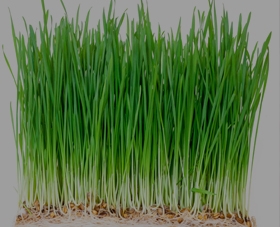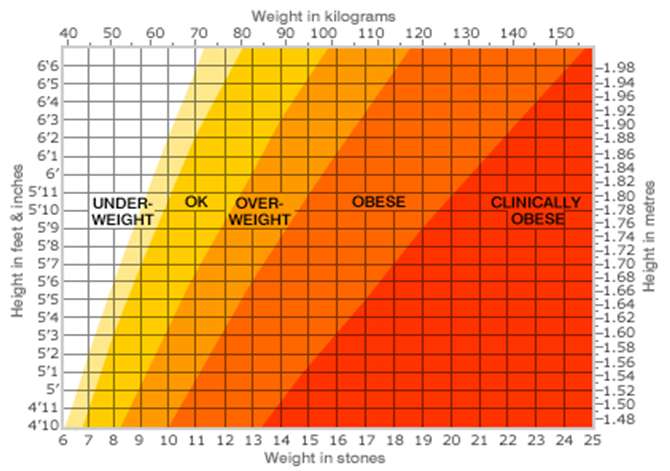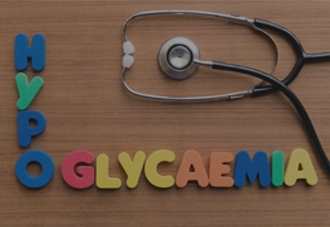Vitamin Supplementation
Do I require daily Vitamin supplementation if I have Chronic Kidney Disease?
‘Can the kidney diet provide your complete nutritional needs or do you require daily vitamin supplementation? Here, the Kidney (Renal) Dietitians discuss vitamins and chronic kidney disease’
Vitamins are substances needed by your body to help carry out special functions. Vitamins are divided into two categories;
1.Water soluble vitamins i.e. Vitamins B, C and Folate
2.Fat soluble vitamins i.e. Vitamins A, D, E, K
Vitamins play a part in controlling the body’s ability to burn fat and sugar for energy, and build proteins for growth. If vitamins are deficient, these reactions are not properly coordinated, and may cause, muscle weakness, fatigue and nerve pain. Following a balanced diet is the preferred way to get the recommended amount of these vitamins, however patients with kidney disease often cannot get enough of some vitamins,
Reasons include:
- The degree of dietary restriction required in your kidney diet which can limit your intake of water soluble vitamins.
- Presence of a poor appetite or malnutrition.
- Disruption in meal times due to treatments and appointments.
- The waste products that build up in your body each day can change the way your body uses vitamins.
- Medications which may interfere with the absorption or activity of certain vitamins.
- The Dialysis process which can result in loss of certain vitamins.
- Chronic Kidney disease reduces production (e.g. Active Vitamin D)
Due to the above, patients with Chronic Kidney Disease (Chronic kidney disease includes conditions that damage your kidneys and decrease their ability to keep you healthy by doing the jobs listed. If kidney disease gets worse, wastes can build to high levels in your blood and make you feel sick. You may develop complications like high blood pressure, anemia (low blood count), weak bones, poor nutritional health and nerve damage.) may require a daily vitamin supplement as well as a balanced, nutrient dense kidney diet.
Special renal vitamins are usually prescribed to patients to provide the extra water soluble vitamins needed. Discuss your requirement for vitamin supplementation with your Kidney (Renal) Dietitian.
Folic Acid (Folate) and Chronic Kidney Disease
Dietary Folic Acid (Folate) intake may be suboptimal due to;
- reduced food intake,
- education regarding a low potassium and low phosphate diet which can result in restriction of fruit and vegetables (which are high sources of dietary folic acid (folate),
- altered metabolism of folic acid (folate),
- impaired production,
- and dialysate losses of water soluble vitamins.
Discuss your requirement for folic acid (folate) supplementation with your Kidney (Renal) Dietitian.
Vitamin D and Chronic Kidney Disease
Vitamin D helps your body to absorb calcium and phosphate and regulates the production of parathyroid hormone (a hormone that controls bone turnover). Chronic kidney disease includes conditions that damage your kidneys and decrease their ability to keep you healthy by doing the jobs listed. If kidney disease gets worse, wastes can build to high levels in your blood and make you feel sick. You may develop complications like high blood pressure, anemia (low blood count), weak bones, poor nutritional health and nerve damage. In CKD the kidney loses the ability to make active vitamin D. Supplementation with a special active vitamin D may be necessary. This is determined by blood levels of calcium, phosphate and parathyroid hormone (PTH ). Supplementation with native Vitamin D (inactive form) may also be required. Discuss the need for vitamin supplementation with your Kidney (Renal) Dietitian.
Can vitamin Supplementation cause harm?
Yes, when the kidneys are not able to eliminate excess vitamins from your body they can build up to toxic levels, this is of particular concern for Vitamin A (fat soluble vitamin), which is contained in many over the counter multi-vitamin preparations.
Also, Vitamin C breaks down in the body into a crystal called oxalate. Healthy kidneys remove extra oxalate, but dialysis is much less effective. A build up of oxalate can cause bone and joint deposits and pain.
Only use the vitamin supplement approved by your Kidney (Renal) Dietitian.
Do not take an over the counter multi-vitamin supplement.
We are delighted to see this website coming from the Renal Interest Group – we regularly get calls from patients, and their families, seeking information on the renal diet and this will be a great resource.
- Maire Leddy SheridanClinical Nurse Manager, Renal Dialysis Unit Cavan and Monaghan Hospital Group
I feel this informative website will empower patients to look at their own diet and strive to improve their quality of life. I wish to thank all involved in getting this of the ground.
- Val TwomeyAuthor of Truly Tasty
I would like to congratulate the renal dietitians from the Renal Interest Group of the Irish Nutrition and Dietetic Institute for such a wonderful, informative, eye catching patient education site. Just Brilliant!
-

The Kidneys:
An Introduction
-

Diet & Lifestyle
-

Stages of
Kidney Disease








